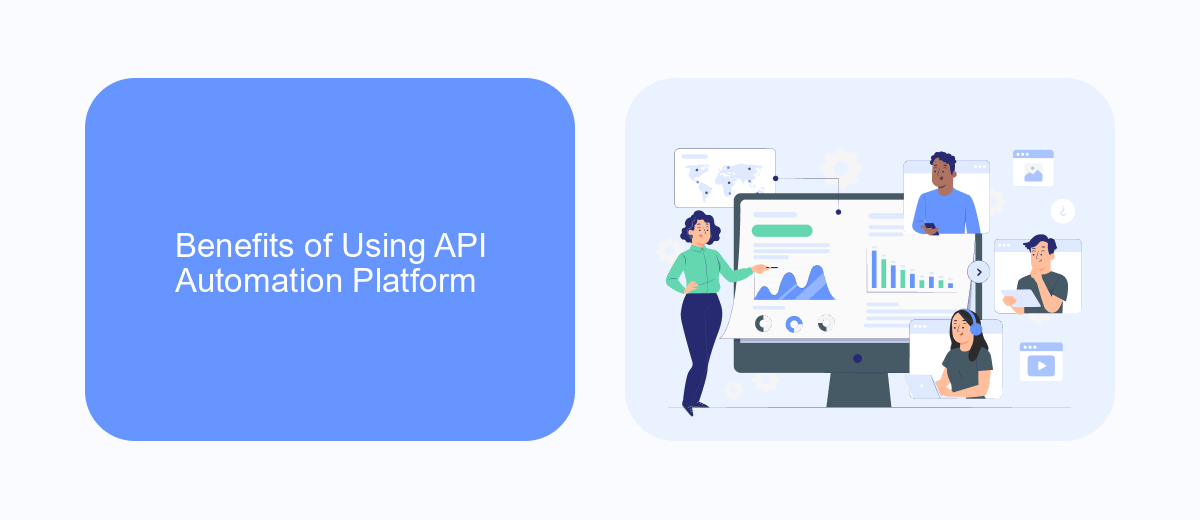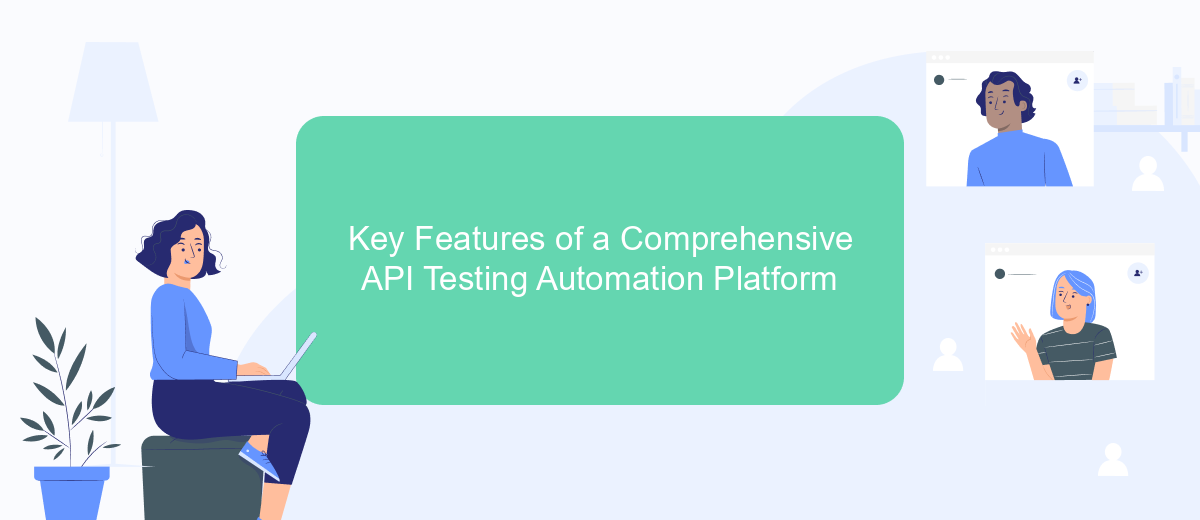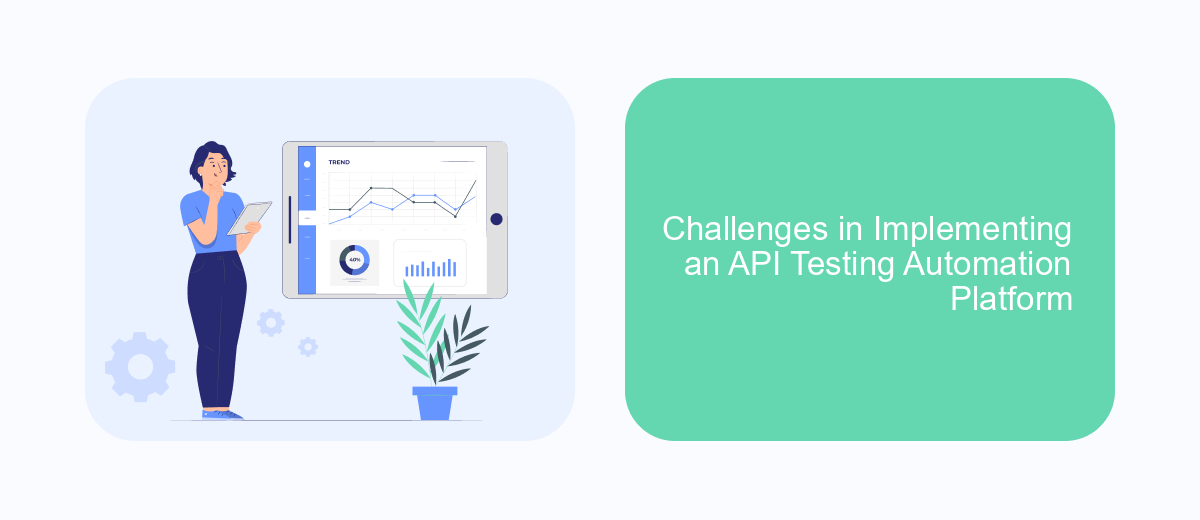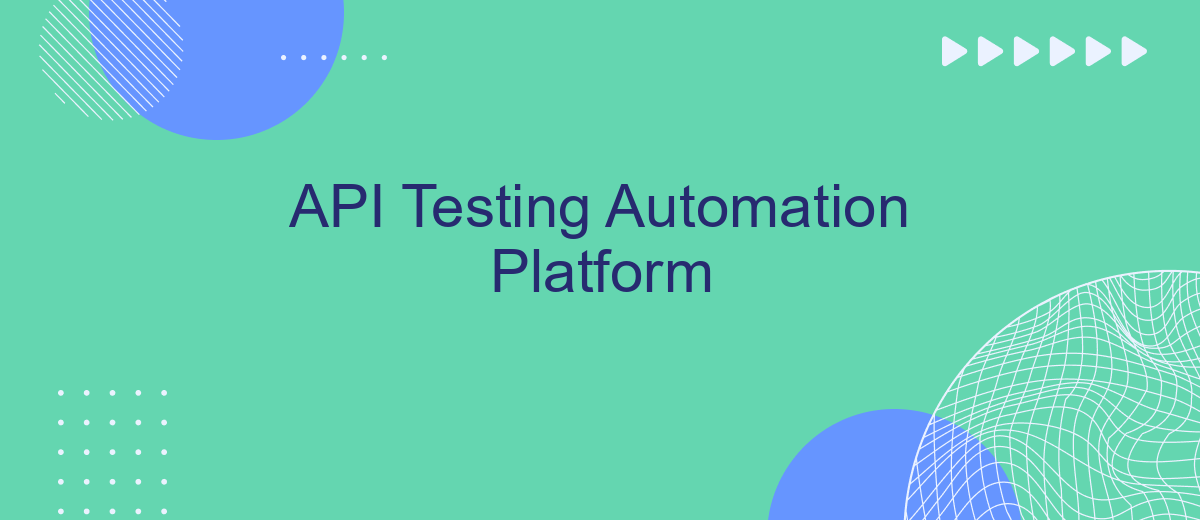In the fast-paced world of software development, ensuring the reliability and efficiency of APIs is crucial. API Testing Automation Platforms provide a seamless solution for developers and QA teams to automate the testing process, enhancing accuracy and saving valuable time. By integrating these platforms, teams can quickly identify and resolve issues, ensuring robust and high-performing applications that meet user expectations and industry standards.
Introduction to API Testing Automation Platform
In today's fast-paced digital world, ensuring the reliability and performance of APIs is crucial for seamless integration and user satisfaction. API Testing Automation Platforms have emerged as essential tools to streamline the testing process, improve accuracy, and save valuable time. These platforms empower developers and testers to automate repetitive tasks, allowing them to focus on more complex scenarios and enhance overall productivity.
- Automated test execution for faster feedback and continuous integration.
- Comprehensive test coverage to identify potential issues early.
- Scalability to handle increasing API complexities and volumes.
- Integration with popular CI/CD tools for seamless workflows.
By leveraging an API Testing Automation Platform, organizations can ensure their APIs function as intended, even under changing conditions and high loads. This not only helps in maintaining service quality but also accelerates the development lifecycle. As APIs continue to play a pivotal role in modern software ecosystems, investing in robust testing automation solutions becomes a strategic advantage for businesses aiming to deliver reliable and efficient services.
Benefits of Using API Automation Platform

Utilizing an API automation platform offers numerous advantages, streamlining the testing process and enhancing overall efficiency. One of the primary benefits is the ability to execute tests rapidly and consistently, reducing the time and effort required for manual testing. This consistency ensures that APIs function as expected, minimizing the risk of errors and improving software reliability. Additionally, automated tests can be run frequently, allowing for continuous integration and deployment, which accelerates the development cycle and enables faster delivery of updates and features.
Furthermore, API automation platforms often provide integration capabilities with various services, enhancing their utility and flexibility. For example, integrating with services like SaveMyLeads can simplify the process of managing data flows and automating lead processing, thereby improving business operations. These platforms also offer detailed reporting and analytics, enabling teams to identify and address issues promptly. By leveraging these tools, organizations can optimize their testing strategies, reduce costs, and focus more on innovation and improvement rather than repetitive testing tasks.
Key Features of a Comprehensive API Testing Automation Platform

A comprehensive API testing automation platform is essential for ensuring the reliability and performance of APIs in modern software development. Such a platform streamlines the testing process, enhances efficiency, and reduces the risk of errors.
- Robust Test Management: Organize, execute, and monitor test cases with ease, ensuring thorough coverage and traceability.
- Integration and Compatibility: Seamlessly integrate with CI/CD pipelines and support multiple API protocols like REST, SOAP, and GraphQL.
- Data-Driven Testing: Enable testing with varied data sets to validate API behavior under different conditions.
- Automated Test Generation: Automatically generate test scripts from API specifications to save time and reduce manual effort.
- Comprehensive Reporting: Provide detailed analytics and reports to identify issues quickly and track test performance over time.
These features collectively empower development teams to deliver high-quality APIs efficiently. By leveraging such a platform, organizations can ensure their APIs are robust, scalable, and capable of meeting user expectations, ultimately leading to enhanced product quality and customer satisfaction.
Challenges in Implementing an API Testing Automation Platform

Implementing an API testing automation platform presents several challenges that can hinder its effectiveness. The complexity of modern APIs, with their varied protocols and data formats, requires robust tools and strategies to ensure thorough testing. Furthermore, integrating these platforms into existing workflows can be a daunting task, often requiring significant changes to development and testing processes.
Another challenge is the need for continuous maintenance and updates. As APIs evolve, the testing platform must adapt to new endpoints, methods, and data structures. This necessitates a dedicated team to manage and update the testing framework, which can strain resources and budgets.
- Ensuring compatibility with diverse API protocols and standards.
- Integrating with existing CI/CD pipelines effectively.
- Managing test data and environments for accurate testing.
- Handling the scalability of tests as the API grows.
Addressing these challenges requires a strategic approach, focusing on selecting the right tools, fostering collaboration between teams, and investing in training and resources. By doing so, organizations can build a resilient API testing automation platform that enhances the quality and reliability of their software products.
Best Practices for Effective API Testing Automation
Effective API testing automation begins with a clear understanding of the API specifications and requirements. It's crucial to define test cases that cover all possible scenarios, including edge cases, to ensure comprehensive testing. Utilize data-driven testing methodologies to enhance test coverage and efficiency. This involves using various data sets to validate the API's response under different conditions. Additionally, maintaining a well-structured test suite is essential for easy maintenance and scalability. Regularly updating and refactoring test scripts as the API evolves will help prevent obsolescence and ensure they remain relevant.
Incorporating robust integration tools can significantly streamline the testing process. Platforms like SaveMyLeads can facilitate seamless integration with various services, allowing for automated data flow and real-time monitoring. Leverage these tools to automate repetitive tasks and focus on more complex testing scenarios. Furthermore, implementing continuous integration and continuous deployment (CI/CD) practices will enable faster feedback loops and quicker identification of issues. Finally, ensure that your testing environment mirrors production as closely as possible to increase the reliability of your test results.
FAQ
What is API testing automation, and why is it important?
What are the key features to look for in an API testing automation platform?
How can I integrate API testing automation into my existing workflow?
What are some common challenges faced during API testing automation?
How do I ensure the security of my API tests and data?
Don't waste another minute manually transferring leads from Facebook to other systems. SaveMyLeads is a simple and effective tool that will allow you to automate this process so that you don't have to spend time on the routine. Try SaveMyLeads features, make sure that this tool will relieve your employees and after 5 minutes of settings your business will start working faster.
